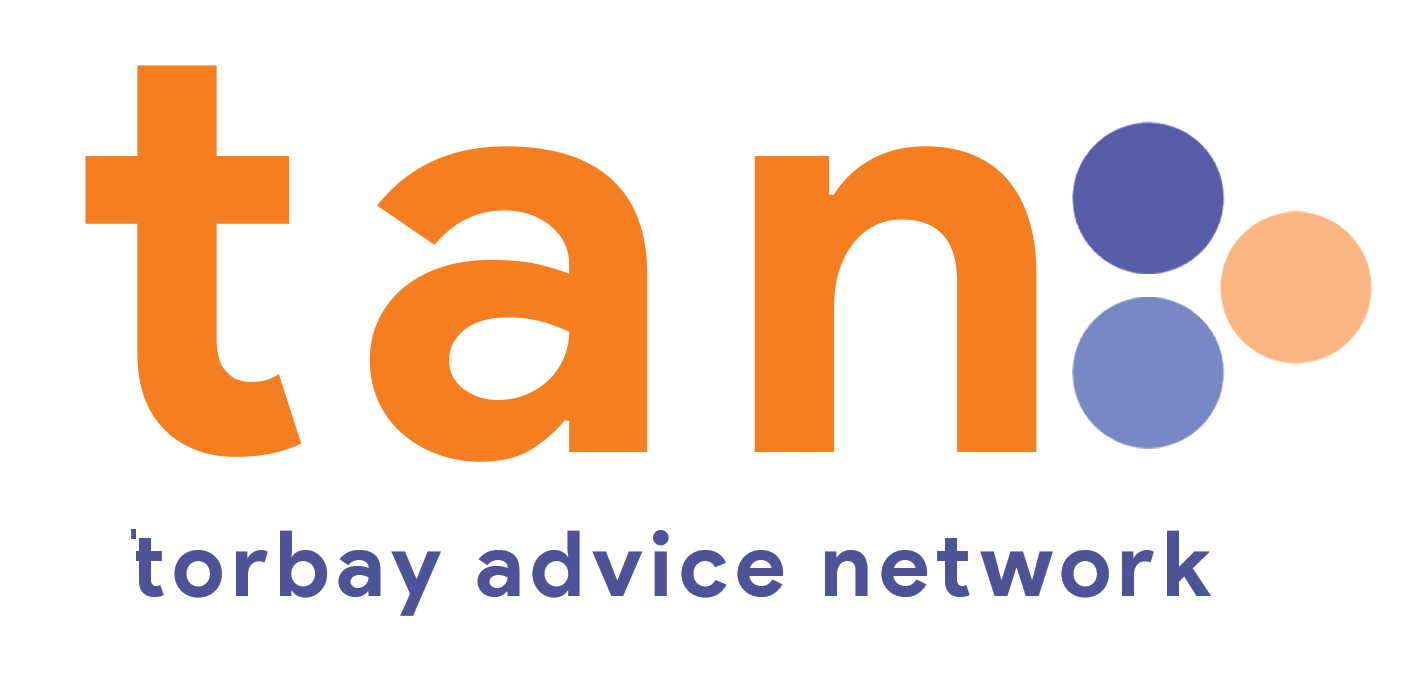There is an upper age limit for new claims of benefits that provide support for mobility – now the State Pension Age. This means that some older people cannot get benefits for mobility needs and cannot access linked schemes such as Motability.
Our purpose We provide a free independent complaints review service for the Department for Work and Pensions (DWP) and their contracted services. We have 2 primary objectives: to act as […]
This easy read guide explains what Attendance Allowance is and how you can apply for it.
The Department for Work and Pensions made a series of changes to the social security system in response to the pandemic. Most have now been withdrawn.
Winter Fuel Payment statistics, covering recipient and household data as well as payments in European Economic Area (EEA) countries and Switzerland.
In light of a recent Supreme Court ruling, Chris Kisby outlines what claimants need to be aware of if they want to bring a case against their employer
How Universal Credit works if you are self-employed and how to report your self-employed income and expenses to Universal Credit every month.
Universal Credit is a monthly payment to help with your living costs. You may be able to get it if you’re on a low income or out of work. You cannot usually get Universal Credit if you’re studying full-time. There are some exceptions.
Losing a loved one is devastating, but what is the impact on our mental health? To mark World Mental Health Day, Chris Murray shares his experience. This blog is part five in our Bereavement and Loss series by Adam Land.
A guide for domestic violence and abuse victims about services from the Department for Work and Pensions (DWP).



